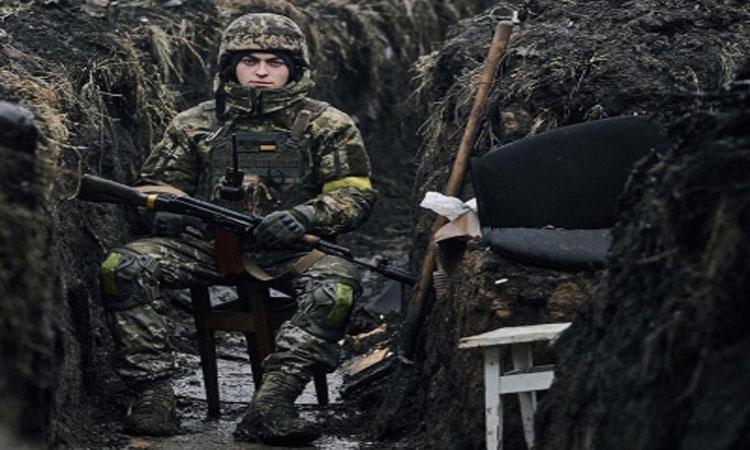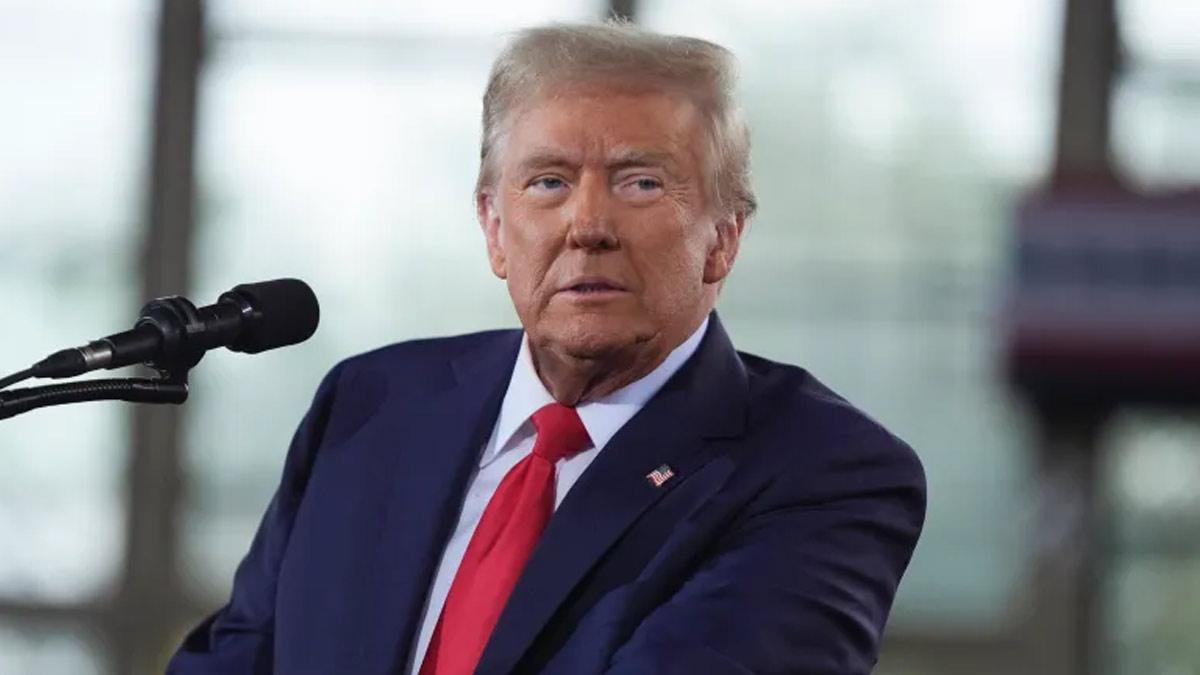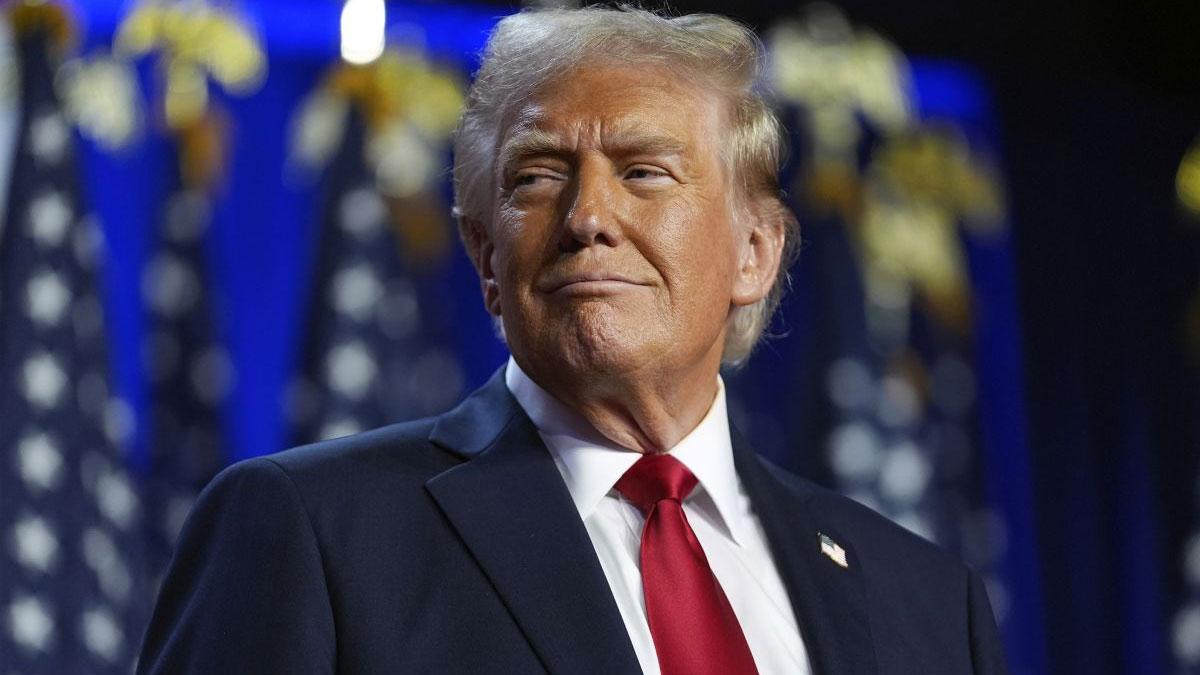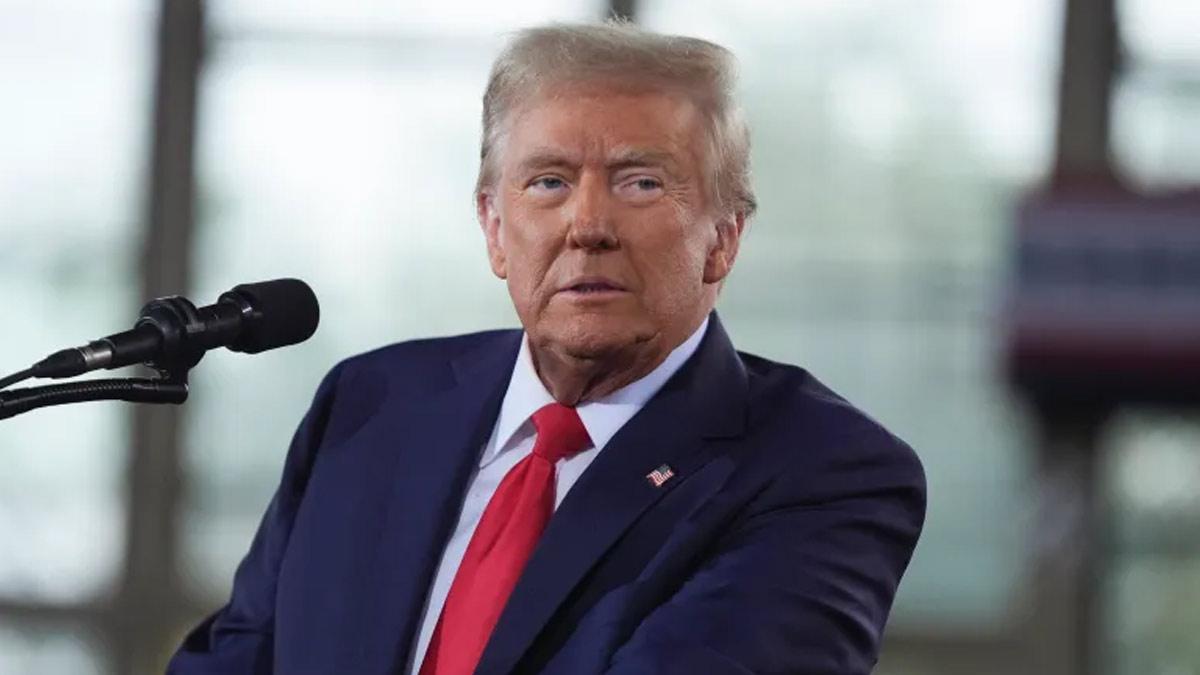Beyond the devastation in Ukraine, the war has cast a long shadow over global affairs, International Crisis Group said in a recent report.
Thus far, Ukraine has resisted Russia's assault, thanks to the Ukrainians' valour and Western aid. But after nearly a year of fighting, there's no end in sight.
When the Kremlin launched its all-out invasion in February last year, it seemingly expected to rout Ukraine's government and install a more pliant regime. It miscalculated. Ukraine's resistance was as fierce as Russia's planning was inept, the report said.
For Russia, so far it has been disastrous. An offensive that was supposed to subjugate Ukraine, weaken the West, and strengthen the Kremlin has, up to now, done the opposite. It has turbo-charged Ukrainian nationalism and pushed Kyiv closer to Europe. It has breathed new purpose into a previously adrift NATO. Finland and Sweden joining the alliance, which seems on track, will dramatically shift the balance of force in Northern Europe, more than doubling the length of Russia's borders with NATO states, the report said.
The war has laid bare weaknesses in Russia's military that operations in Syria (2015) and Ukraine (2014 and 2015) had disguised. It has revealed resolve and competence in the West that fiascos in Afghanistan, Iraq, and Libya had obscured, the report said.
Still, the war is far from over. Russia's economy has adapted to massive Western sanctions. The Kremlin appears convinced that Russia has staying power. Moscow might yet force an ugly settlement and set a troubling precedent for aggression elsewhere, the report said.
If, on the other hand, Putin feels truly in peril due to Ukrainian advances or other reasons, it is not impossible --unlikely, but hard to completely rule out -- that he will use a nuclear weapon as a last roll of the dice. Whatever happens in Ukraine, the West and Russia will likely remain a miscalculation away from confrontation, it added.
The war has shone light on non-Western middle powers' influence and autonomy. Turkey, long walking a tightrope between NATO membership and ties to Moscow, has brokered, with the United Nations, a deal to get Ukrainian grain onto global markets via the Black Sea. The initiative follows years of Turkish assertiveness abroad, including tipping the battlefield balance in Libya and the South Caucasus and expanding drone sales. For Saudi Arabia, the abrupt removal of Russian oil from the market was a boon. It forced a visit from Biden, who had entered office promising to shun Saudi Crown Prince Mohammed bin Salman. Riyadh decided, with other oil producers, to keep prices high, much to Washington's fury.
Also Read | American communities being torn apart by gun violence: Biden
India, once a U.S. security partner and major purchaser of Russian arms, has both bought knock-off Russian oil and chided Putin for his nuclear sabre-rattling. This is no coordinated non-aligned movement. But activist middle powers feel space to chart their own course and, while few welcome big-power rivalry, will seize the opportunities that multipolarity brings, International Crisis Group said in the report.
As for the truly cataclysmic scenario -- a potentially nuclear escalation between NATO and Russia -- both Moscow and Western capitals have taken pains to avoid direct clashes. The West has rejected ideas of no-fly zones, for example, and drawn a line at supplying some advanced weaponry. Russia has avoided strikes on NATO territory. Putin has repeatedly referenced Russia's nuclear capacity, seemingly aiming to warn off the West, though he has recently walked back his rhetoric. A nuclear strike would serve little military purpose and could trigger precisely the direct NATO involvement Moscow hopes to avoid. Still, the possibility cannot be dismissed, particularly if Putin feels his grip on power slipping. Indeed, the war has created probably the highest risk of nuclear confrontation in 60 years. It also sets the stage for what could be a long standoff, with Europe poised for ever more dangerous showdowns, whatever happens in Ukraine, International Crisis Group said.
Instead of quickly conquering Ukraine from multiple directions as it had intended, Moscow is banking on a slow, grinding war in the country's east to erode Kyiv's resources at a rate greater than its own. It hopes that Ukraine will eventually give up voluntarily, or that its organised military resistance will collapse. Russian decision-makers are relying on their information warfare and the throttling back of energy deliveries to Europe to chip away at international assistance to Ukraine, wrote Gustav Gressel, Senior Policy Fellow, Council for European Relations.
Russia will therefore likely remain on the offensive until the early summer, at which point its fighting power is likely to decline again. Moscow would have to call another wave of mobilisation by the end of this winter to be able to hold expanded frontlines. At that point, the overstretched Russian posture will be vulnerable to Ukrainian counter-offensives, Gressel said.
The war will not end in 2023. As General Mark Milley, chair of the joint chiefs of staff, has suggested, it is highly unlikely Ukraine will be able to remove the occupying forces this year, the article said.
A positive scenario would see Ukraine inflict such severe losses on Russia that Moscow's military machine becomes so degraded even further mobilisations will be insufficient to regain the initiative. The Russian military presence on the Ukrainian mainland would find itself in real peril.
A negative scenario would see Russia push Ukraine back in Donbas, thereby reducing Ukraine's military potential and depressing morale. With slow and largely symbolic weapons deliveries from the West, the Ukrainians' chances of deoccupying their country would dwindle. While Russian losses would still be staggering, Putin would have a bloody and expensive - but feasible - path to victory, he added.
Also Read | Peruvian Congress approves indictment of ex-president Castillo
In any case, there is one scenario to rule out: a stalemate in the conflict. Putin is only interested in full victory as he defines it, and, having invested so much in the war, he will not concede to any agreement short of this, Gressel said.


















